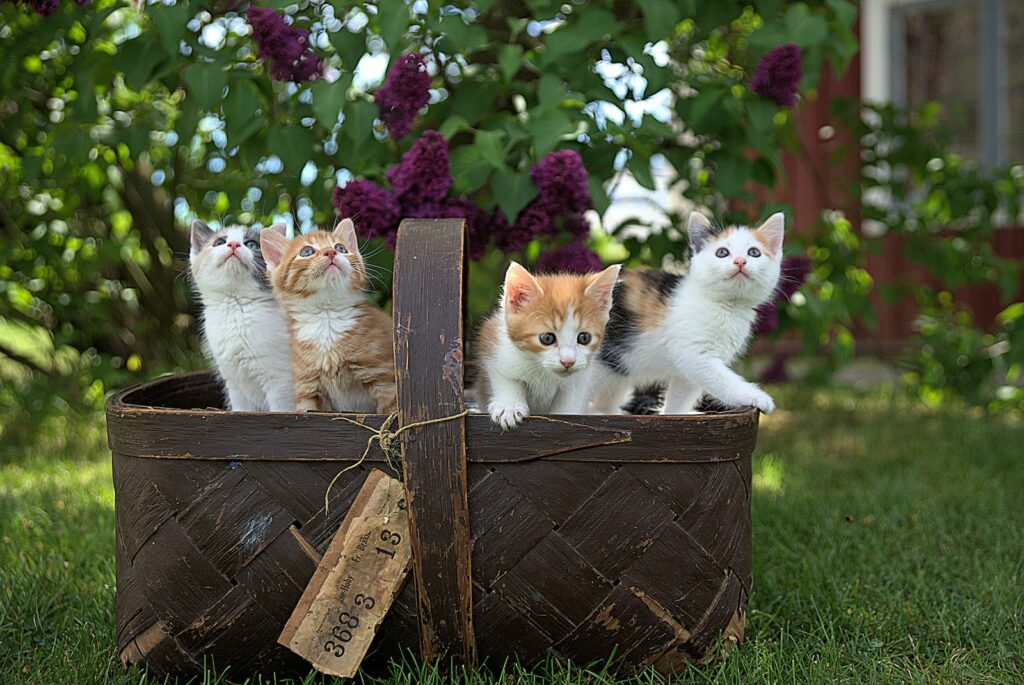Can Cats Eat Slugs? — No, They Can’t
Cats should not be allowed to eat slugs. Slugs can be harmful to cats due to their potential toxicity. Slugs secrete a slimy substance, which can contain parasites and harmful bacteria that can be detrimental to a cat’s health. It is essential to keep slugs away from cats to prevent any potential risks.
Is It Safe for Kittens to Consume Slugs?
Kittens, especially young and vulnerable to parasites, should not consume slugs either. Their immune systems are still developing, making them more susceptible to any pathogens present in slugs. Therefore, it is advised to keep kittens away from slugs to ensure their well-being.
Risks Associated with Feeding Slugs to Kittens
Feeding slugs to kittens can lead to various risks and health issues. Some of the potential dangers include:
- Parasitic infections
- Bacterial infections
- Internal organ damage
- Allergic reactions
Why Slugs are Not Recommended for Cats
They Can Transmit Parasites
One of the main reasons why slugs are not suitable for cats is because they can transmit parasites. Slugs may carry parasites like lungworm, which can infect cats when ingested. These parasites can cause various health problems and require veterinary intervention to treat.
Potential Bacterial Contamination
Slugs can carry harmful bacteria, such as Salmonella, which can cause severe gastrointestinal issues in cats. Ingesting slugs contaminated with bacteria can lead to vomiting, diarrhea, and dehydration, posing a significant risk to a cat’s overall health.
Poisonous Substances
Slugs can consume toxic substances, such as pesticides and slug bait, which can be fatal to cats if ingested. Even small amounts of these substances can have detrimental effects on a cat’s well-being and may require immediate veterinary attention.
Known Health Issues in Cats from Consuming Slugs
Consuming slugs can lead to several health issues in cats, including:
- Lungworm infection
- Gastrointestinal problems
- Allergic reactions
- Poisoning
What to Do If a Cat Has Consumed Slugs?
- Seek Veterinary Assistance: If a cat has consumed slugs or shows any symptoms of illness, it is crucial to consult a veterinarian for proper diagnosis and treatment.
- Monitor for Symptoms: Keep a close eye on the cat for any signs of gastrointestinal distress, lethargy, or abnormal behavior, and inform the veterinarian of any concerning developments.
- Prevent Further Exposure: Take measures to prevent the cat from accessing slugs in the future, such as using slug barriers in outdoor areas or keeping the cat indoors.
Safe Alternatives to Slugs for Cats
Fortunately, there are safe food options for cats that can serve as alternatives to slugs. Some suitable options include:
- Fresh and high-quality cat food
- Well-cooked lean meats
- Canned fish (without added salt or seasoning)
- Cat treats specifically formulated for feline health
Conclusion
In conclusion, slugs should be kept away from cats and kittens. Their potential toxicity, parasitic infections, bacterial contamination, and the risk of exposure to poisonous substances make slugs unsuitable for feline consumption. Ensuring a cat’s safety and health requires responsible pet ownership, including keeping them away from harmful substances like slugs. By providing appropriate and safe alternatives, cat owners can maintain their beloved pets’ well-being and help them thrive.






